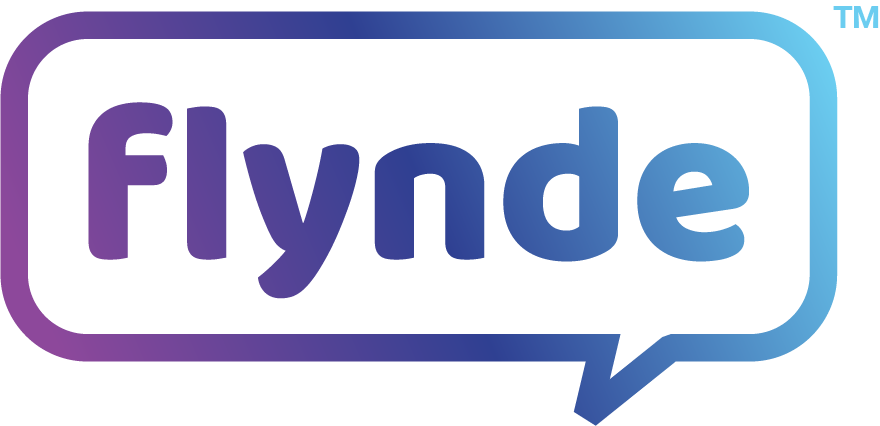Incels at the Workplace: A Hidden Threat
Released on Netflix in March 2025, British miniseries Adolescence became prominent with its uncompromising one-take per episode approach and a limited but solidly talented cast. However, what shook the world about this miniseries is its wake-up call of the incel culture. This toxic ideology doesn’t stop at youngsters but also advances to affect adults, spread across the workplaces, and is hidden in everyday conversations.
What is the incel culture?
In Adolescence, a 13-year-old is accused of murdering his classmate. The quest for truth led his family, therapist, and the detective handling the case to the very chilling encounter of the incel culture. This is, in fact, not a new phenomenon. Long story short, "incel," short for "involuntary celibate," refers to an individual, typically male, with a profound resentment due to a lack of sexual interests from other female individuals. Ironically, the term was coined by a woman in the 1990s.
Incels irrationally blame women for their imperfections.
So why is it such an alarming problem? While it initially originated with different intentions, the term has evolved into a toxic ideology characterized by misogyny, entitlement, and, most concerningly, the justification of violence. This resentment can lead to the dehumanization of others and the development of harmful online communities that reinforce these negative beliefs. In specific situations, the situation could escalate to the point of endangering lives.
The most well-known ‘incel attack’ may arguably be the 2014 Isla Vista killings. The 22-year-old Elliot Rodger murdered six people and injured thirteen others near the University of California, Santa Barbara campus using knives, handguns, and his vehicle before killing himself. In a YouTube video he had posted earlier, he claimed his attack as a retribution to women who rejected him and men whom he considered more sexually attractive than him.
How to spot incel culture at the workplace?
Surprisingly, there has been much discussion about the incel culture at the workplace. It was as if this was a matter exclusive to, you may guess, adolescents. The false ideology of the world being run by women and men being prone to rejection continues to linger among adults. As Wired’s Ellen Pao observed, many misogynistic men, especially incels, work in technology and engineering. They even ridiculously boast about their Herculean tasks to maintain the world’s internet infrastructure.
Misogynistic group chats may operate under the radar in many workplaces.
Fueled by online discussions, the incel subculture can insidiously permeate all levels of a company, regardless of whether employees work in a physical office or miles away from one another. Online platforms like Facebook, X, WhatsApp, YouTube, or even Slack can be weaponized for propagating misogynistic narratives. An incel can easily pull up a secret group chat and recruit more males to join without the awareness of other female staff members or managers. To make matters worse, these incels usually play the victim in real life, leading others not to suspect their malice or even sympathize with their feeling of being unfairly treated.
How to navigate the incels
As a manager, addressing incel culture can be challenging, but not impossible. The key is to lead with proactivity, transparency, and compassion. Set a clear tone for a respectful, inclusive workplace where harmful behaviour is not tolerated, and ensure that harassment policies are well-communicated and widely understood. If your company operates globally with multilingual employees, localized training and communications that explain corporate policies and relevant country-specific regulations (such as Title IX in the USA) can be especially effective. Also, be mindful of internal communications and monitor them thoughtfully.
Listen actively and offer clear steps so people know how to seek help.
Being communicative is powerful. Encourage people to speak up, pay special attention to any potential of misogynistic narratives, take concerns seriously, and handle issues quickly and discreetly. If problems arise, address them empathetically, offer support, and document everything to stay accountable.
In contrast, encountering such a culture as a staff member can be difficult, but there are steps you can take to navigate it safely. Start by documenting any misogynistic comments or behaviours, noting dates, times, and specific details. Follow your company’s reporting procedures. At Flynde, for example, such incidents should be reported to a manager or the HR department. Talking to a trusted female manager may also provide support and guidance if you're uncertain or afraid.
Under all circumstances, prioritize your safety and well-being; if you feel threatened or unsafe, do not engage directly; instead, focus on reporting. Remember that you are not alone and that reporting these incidents is crucial for maintaining a respectful and professional work environment.
Incel culture, born online, can wreak absolute havoc in the workplace. Masked by victimhood and subtle hostility, it is like a hidden plague that needs a special remedy. Indeed, tackling it demands clear policies, active monitoring, and a culture of respect. Awareness, reporting, and strong leadership are key to keeping workplaces safe and inclusive. No one, especially women, should be victims of foolish conspiracy theories.
About the Author
Bert Nguyen is a Copywriter with Flynde, a global company specializing in translation solutions for businesses of all sizes.
Discover the best-in-class translation solutions for your business. Trusted & certified for all languages with locations in Australia, Singapore, Switzerland & the USA. Flynde takes human translation strategies and uses advanced technologies to deliver them to our customers across our three business lines: Flynde for startups, Flynde for small businesses, and Flynde for corporations.
For more information, contact us at hello@flynde.com




